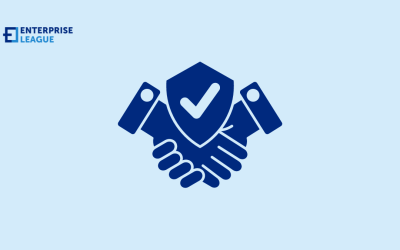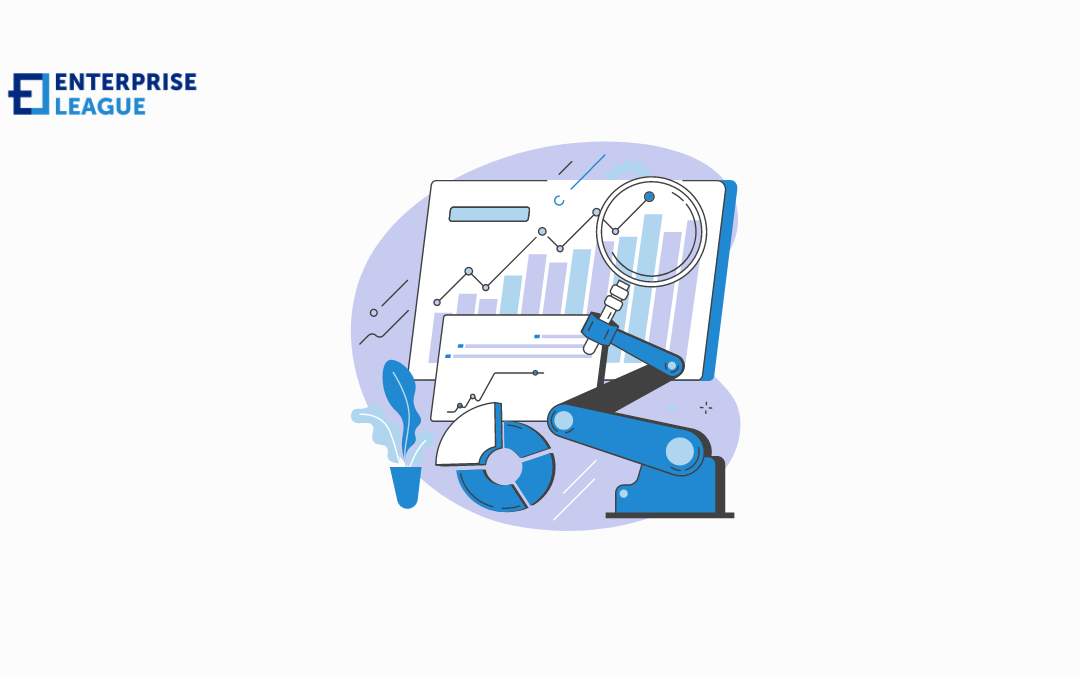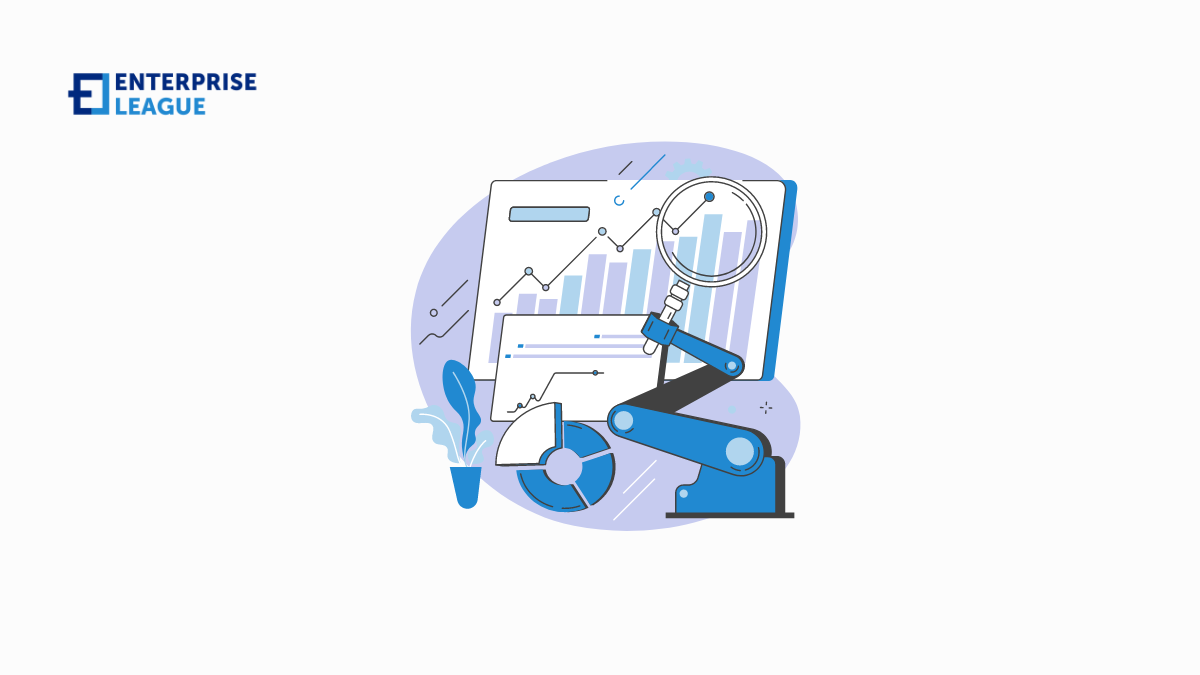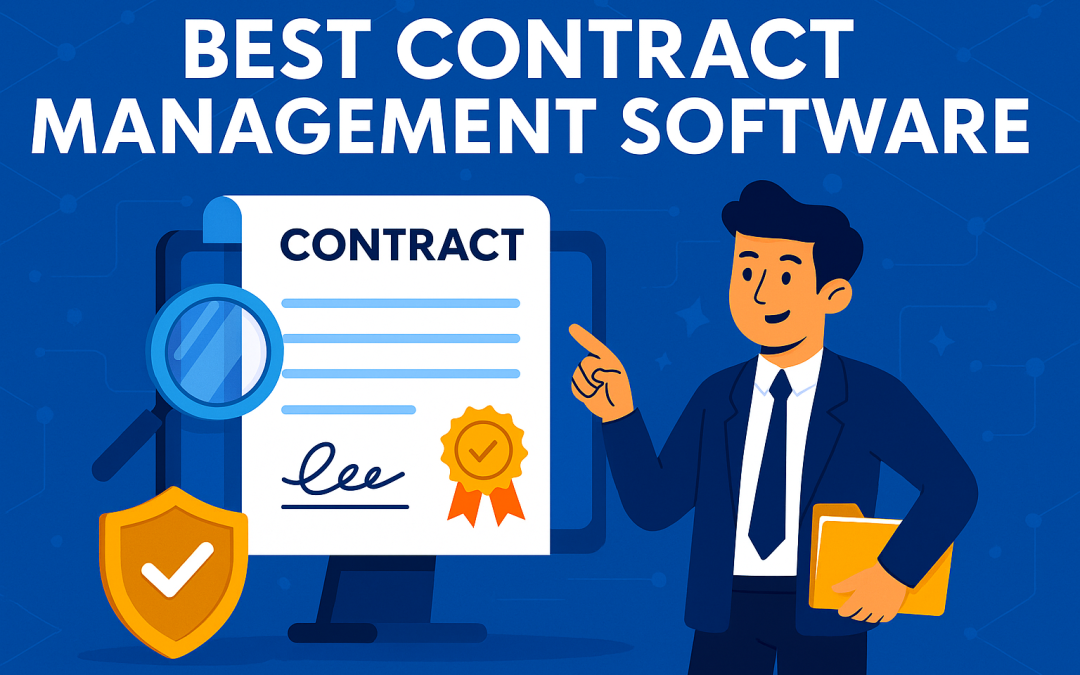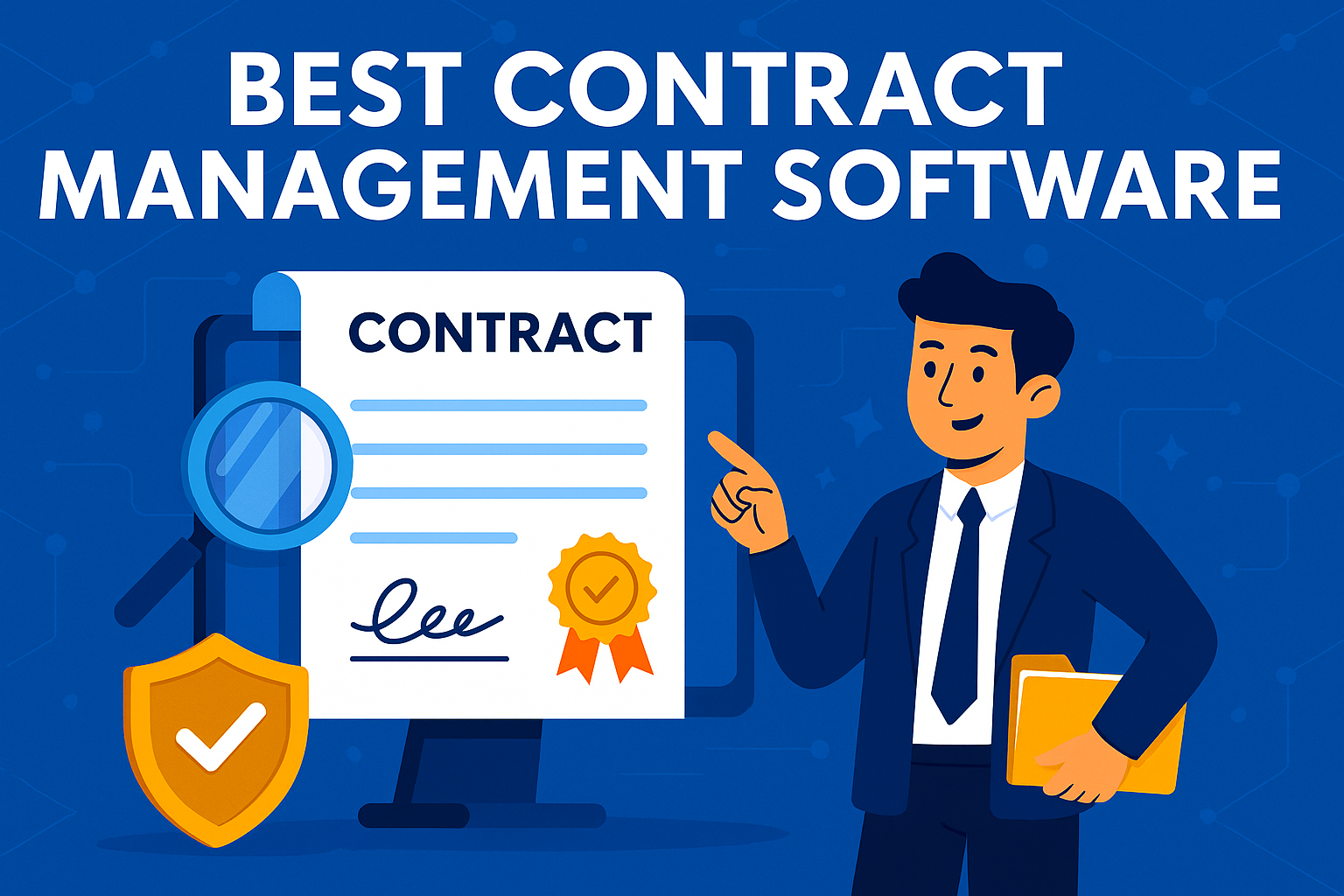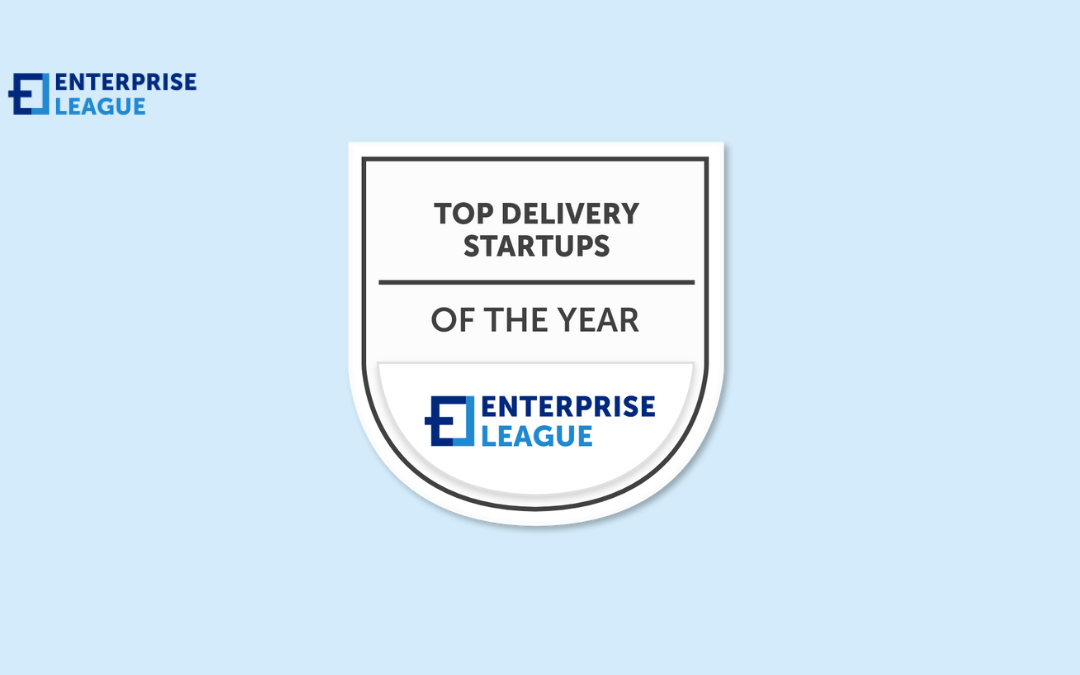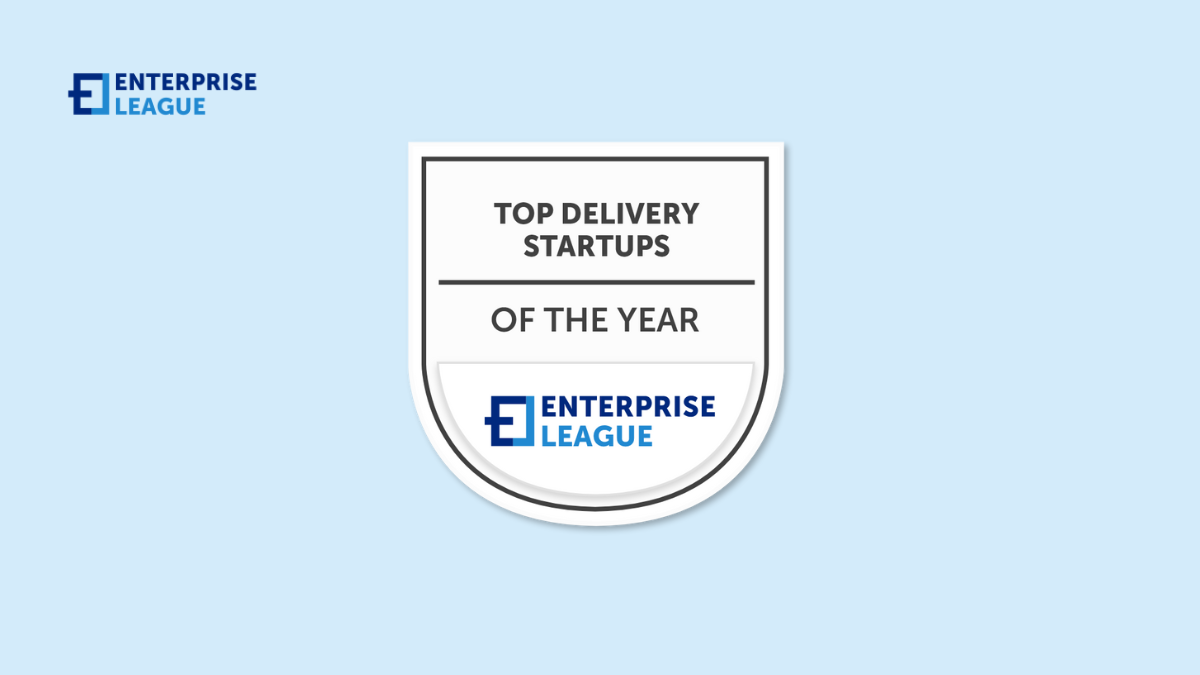It’s a common thing to deal with burnout when it comes to leadership and with that said, we’ve made a list of business leadership quotes to motivate you.

Employee ethics hotline: How it benefits businesses
By being completely confidential, this system helps workers to report any unscrupulous activities or unethical conduct without apprehension or reservation. Consequently, it enables them to voice concerns over pertinent issues affecting their work environment; occurrences which may go unnoticed due to anxiety about potential repercussions.
We hope to demonstrate how having an employee ethics hotline not only supports good practices within organizations but also helps cultivate trustworthiness as well as reliability – both concepts essential for business longevity and reputation management.
Effective fraud deterrent
Ethics hotlines are an effective way to prevent fraudulent activities within a company. They establish a clear and accessible method for reporting suspicions of unethical behavior, encouraging employees to come forward with any concerns they may have about fraud.
This helps decrease the likelihood that instances of misconduct will go unchecked or unresolved. Providing this hotline as an option acts as a psychological barrier against wrongdoing since all workers know their actions can be reported using this avenue.
Fosters trust in employees
The trustworthiness of hotlines supervised by third-party establishments is higher among employees, who feel more confident that their reports will be given attention and dealt with impartially. Building such confidence is imperative for encouraging staffers to express apprehensions about delicate circumstances where they might dread retribution.
Gathering evidence and patterns
Ethics hotlines serve a crucial role in not only addressing individual complaints but also gathering data to uncover patterns of misconduct. By doing so, they assist in discovering systemic issues within an organization proactively. This information aids the development of a holistic understanding regarding the ethical health of any company.
Cost savings and legal protection
Organizations may considerably reduce their financial losses associated with such incidents by enabling prompt detection and resolution of fraudulent or unethical conduct. The existence of an effective system provides documented reports that serve as legally admissible evidence during investigations into criminal cases potentially mitigating liability and damages incurred by the organization’s management team.
Anonymous reporting
Anonymity is a critical aspect of ethics hotlines as it enables employees to report any concerns anonymously. It is especially crucial in cases where workers are apprehensive about potential revenge or retribution. With anonymity, staff members can express themselves without anxiety, which fosters honest and transparent communication within the company.
Easy integration with other tools
When an employee hotline is combined with other tools and systems in an organization, its effectiveness can be greatly improved. By doing so, processes are streamlined and a more cohesive approach to addressing ethics-related concerns is ensured.
For example, if the hotline were merged with a case management system it would aid in tracking reports for trend identification or areas of concern within the company. Moreover, the addition of HR systems into this mix helps with response coordination leading to efficient and effective problem resolution for reported issues.
Conclusion
An employee ethics hotline is a crucial component in preserving a transparent and honest workplace culture, rendering it indispensable for any organization. The hotline serves several purposes that include discouraging fraudulent behavior, promoting ethical values, and gaining employee trust through the collection of evidence whilst protecting organizations from financial loss.
More must-read stories from Enterprise League:
- The importance of customer-focused strategy for your business.
- Getting your product in stores doesn’t have to be complicated.
- Entrepreneurs over 70 that have defiled old age.
- Find out how having age diversity in the workplace can improve your business.
- The best apps for entrepreneurs that will help you achieve your goals.
Related Articles
40 inspiring business leadership quotes in 2025
29 starting a business quotes to inspire you
We know that starting your own business can be a scary thing to do for most people, that’s why we made a list of encouraging 29 starting a business quotes.
25 inspirational trust quotes for business (2025)
Trust is the foundation of every interaction and every decision and with that we’ve made a list of 25 inspiring and motivational trust quotes for business.
Mobile tour management: Taking your brand to consumers
Let’s skip the standard marketing playbook and find out how mobile tours let you create real connections by bringing your brand right to your target audience.
Why academic writing matters: The way to better learning
Let’s discuss and find out why academic writing is crucial for developing analytical skills, organizing thoughts, and mastering complex topics in any field.




